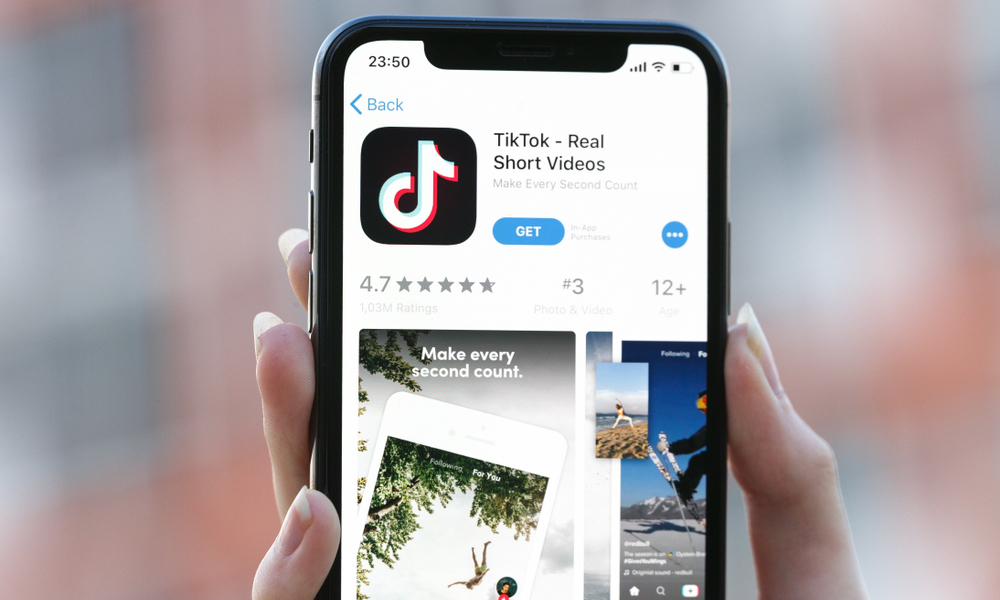U.S. Senators Call TikTok a Potential Threat to National Security
 Credit: XanderSt / Shutterstock
Credit: XanderSt / Shutterstock
Toggle Dark Mode
Popular video app TikTok is fun, addicting, and according to two U.S. senators, a potential threat to national security.
Senators Tom Cotton (R-AR) and Chuck Schumer (D-NY) wrote a letter to the acting director of national intelligence on Wednesday, asking for the U.S. intelligence community to investigate TikTok and any potential threats it may pose.
“TikTok is a potential counterintelligence threat we cannot ignore,” the letter reads. Specifically, the senators expressed concerns about data security, potential censorship and foreign influence campaigns.
This is all largely because TikTok is owned by a China-based company called ByteDance.
In recent years, U.S. officials have become increasingly worried about how much influence the Chinese government has over Chinese companies that operate in the U.S. — and whether those platforms could be used for espionage.
Last summer, the U.S. tightened down policies concerning Chinese-made technology. Senior intelligence officials have also cautioned Americans not to buy smartphones made by ZTE, Huawei or other Chinese OEMs.
Earlier this year, President Donald Trump even signed an executive order banning Huawei from using U.S. technology (and vice versa).
Part of the worry about TikTok specifically seems to stem from its popularity. As Cotton and Schumer pointed out, the app has been downloaded more than 110 million times in the U.S. alone.
They theorize that the Chinese government could compel TikTok to hand over any data it collects from users. That includes the content they post, but also metadata, IP addresses, location data, device identifiers and other sensitive information.
There are also concerns that the Chinese government could censor or manipulate content that’s deemed “politically sensitive to the Chinese Community Party.”
Back in September, The Guardian reported that TikTok advises its content moderators to censor any references to Tibetan independence, Falun Gong or Tiananmen Square. That prompted Sen. Marco Rubio (R-FL) to pen his own letter to asking for the platform to be investigated.
More recent examples of potential censorship include the treatment of Uighurs in China and the Hong Kong protests, Cotton and Schumer said.
TikTok denies those allegations, calling the censorship policies “outdated.” It also maintains that it receives no guidance from the Chinese government.






